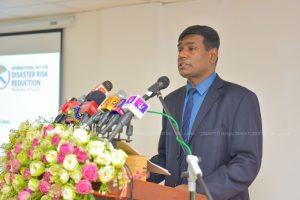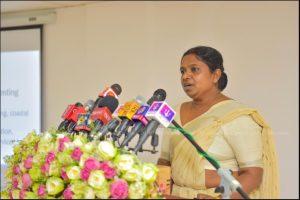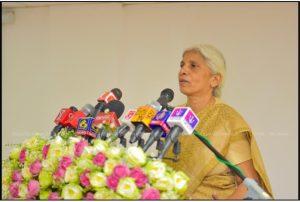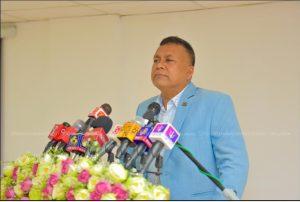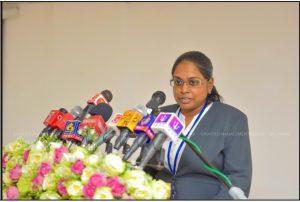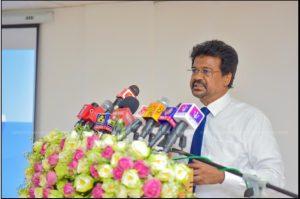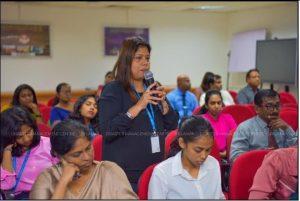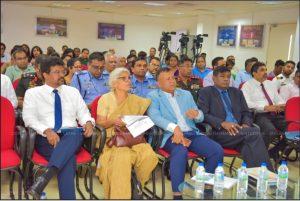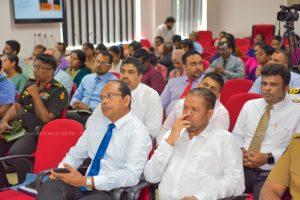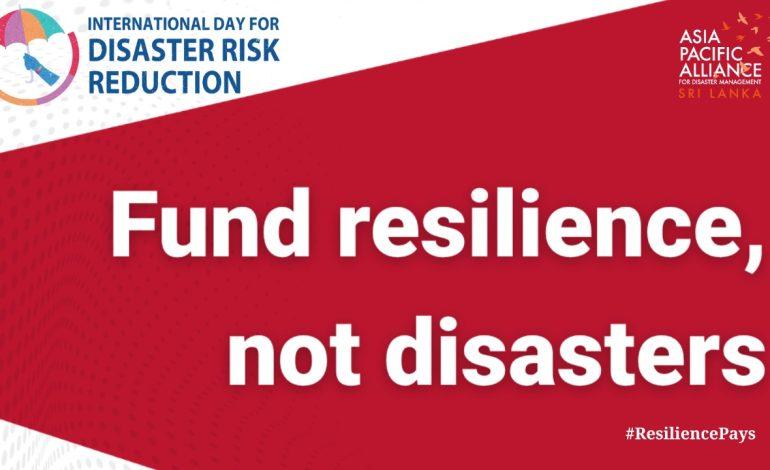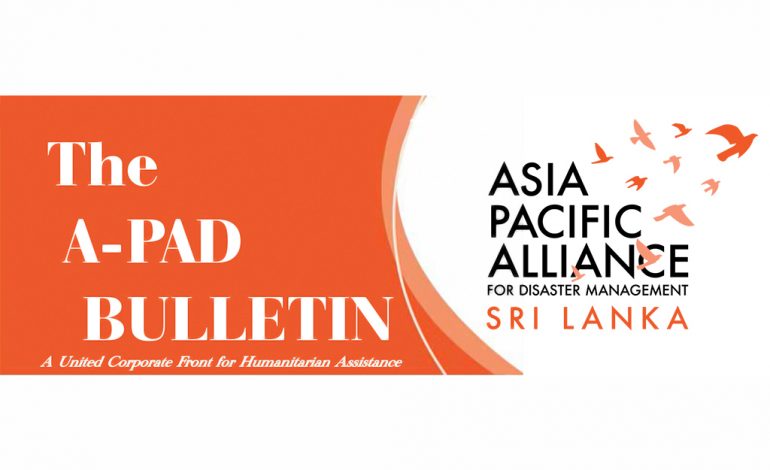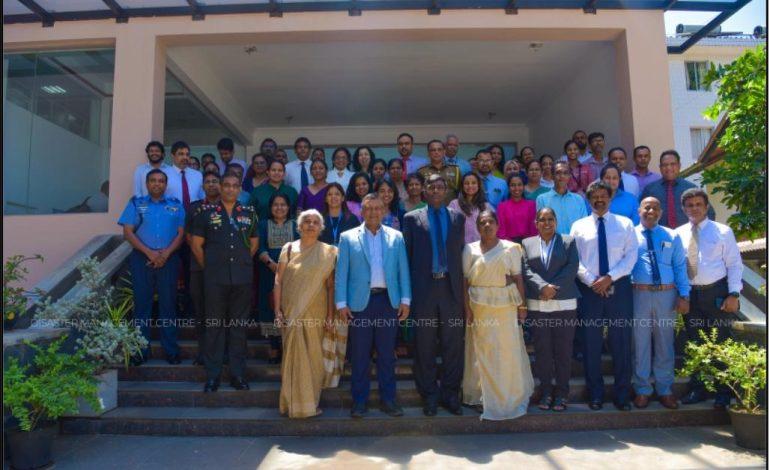
Sri Lanka Marks International Day for Disaster Risk Reduction 2025: “Fund Resilience, Not Disasters”
The Disaster Management Centre (DMC) marked the International Day for Disaster Risk Reduction 2025 on 13th of October 2025 under the global theme “Fund Resilience, Not Disasters.” The national commemoration was held at the DMC, bringing together policymakers, academics, private sector leaders, and development partners to deliberate on investing in prevention and resilience to build a safer and more sustainable Sri Lanka.
In his opening remarks, Maj. Gen. Sampath Kotuwegoda ndc IG (Retd.), The Director General of the DMC highlighted Sri Lanka’s ongoing transition from a reactive response model to a proactive culture of risk reduction. He emphasized that funding resilience is not an expense but an investment in national sustainability, security, and future generations.
A series of technical and thematic presentations followed, emphasizing the importance of resilience financing, private sector partnerships, and community empowerment. Ms. Anoja Senevirathne, Director of Mitigation, Research, and Development at DMC, highlighted the need to shift national priorities toward preventive investments and address existing funding gaps. She emphasized the necessity of a National Resilience Fund, mandatory resilience criteria for infrastructure projects, and stronger public-private partnerships to support long-term disaster risk management.
Prof. Ranjith Dissasnayake, Founder of Graduate Associate Professionals (GAP) HQ, speaking on “Learning from Nature to Build Resilient Communities,” discussed the potential of biomimicry and nature-based design in building climate-adaptive infrastructure. He emphasized that “the solution itself is in nature,” pointing to green building principles and sustainable site planning as critical pathways for reducing disaster impacts. Addressing the economic dimension of resilience, Prof. Prasanthi Gunawardena of the University of Sri Jayewardenepura presented resilience as an economic asset rather than a cost, noting that every dollar invested in disaster risk reduction can yield up to four dollars in returns and recognized the non-market value of ecosystem services, social capital, and community well-being in national investment planning.
Representing the private sector, Ms. Yasangi Randeni, Chief Sustainability Officer of Aitken Spence PLC, shared practical experiences from projects such as Heritance Kandalama and the Waste-to-Energy Power Plant, showcasing how sustainable design and proactive investments contribute to both environmental protection and business continuity. She urged the corporate sector to “build better before,” advocating collaboration between government, business, and communities to enhance national resilience.
The Country Director of A-PAD-SL, Mr. Firzan Hashim, discussed the economic burden of disaster response, noting that global disaster costs exceeded USD 202 billion in 2023. He highlighted the importance of smarter, cost-efficient responses and international collaborations such as the Connecting Business Initiative (CBi) and Airlink, which help reduce financial strain through effective resource sharing. He also acknowledged Sri Lanka’s progress in training over 160 international-level responders, emphasizing considerable female participation – a step towards more inclusive and effective disaster response. A concluding panel discussion brought together representatives from the Ministry of Finance, Planning, and Economic Development, UNDP, World Food Programme (WFP), IOM, and DMC, who emphasized the need to mainstream disaster risk reduction across all sectors, from agriculture and fisheries to urban planning. They also called for a fixed percentage of the national budget to be allocated to DRR, the development of safety nets such as disaster insurance, and greater use of science, technology, and innovation in resilience building.
The day reaffirmed Sri Lanka’s collective commitment to move beyond the cycle of response and recovery, and toward a future where resilience is not an afterthought, but a foundation of sustainable national development.
